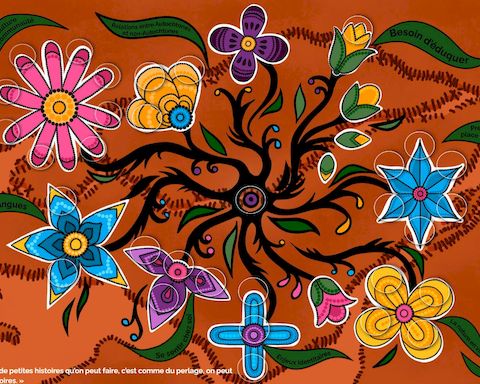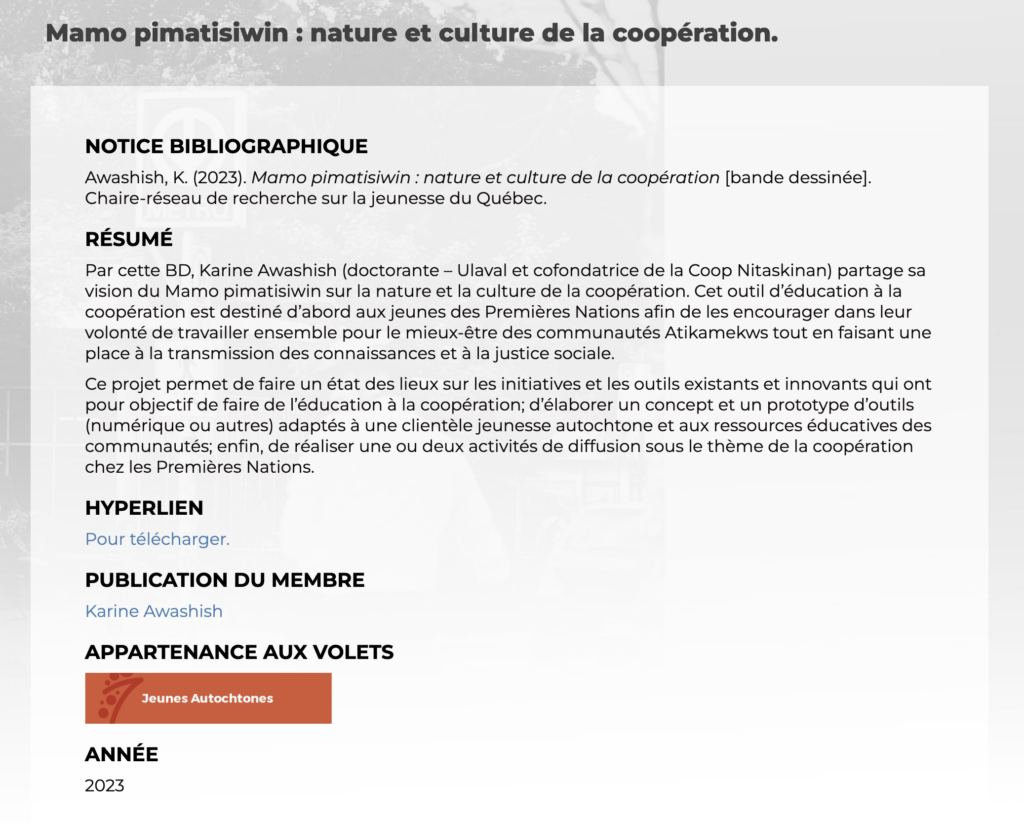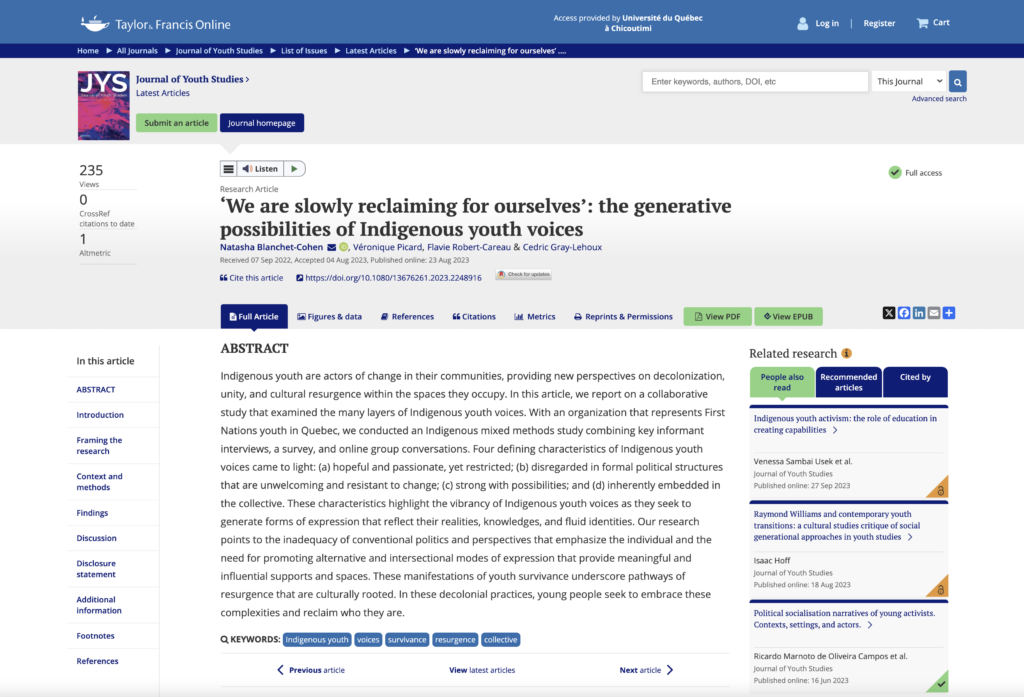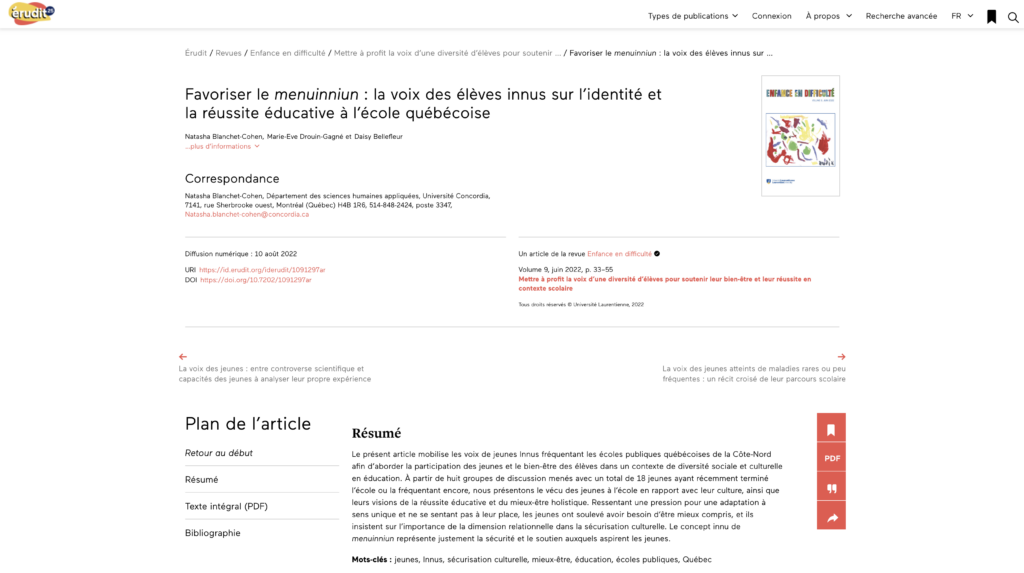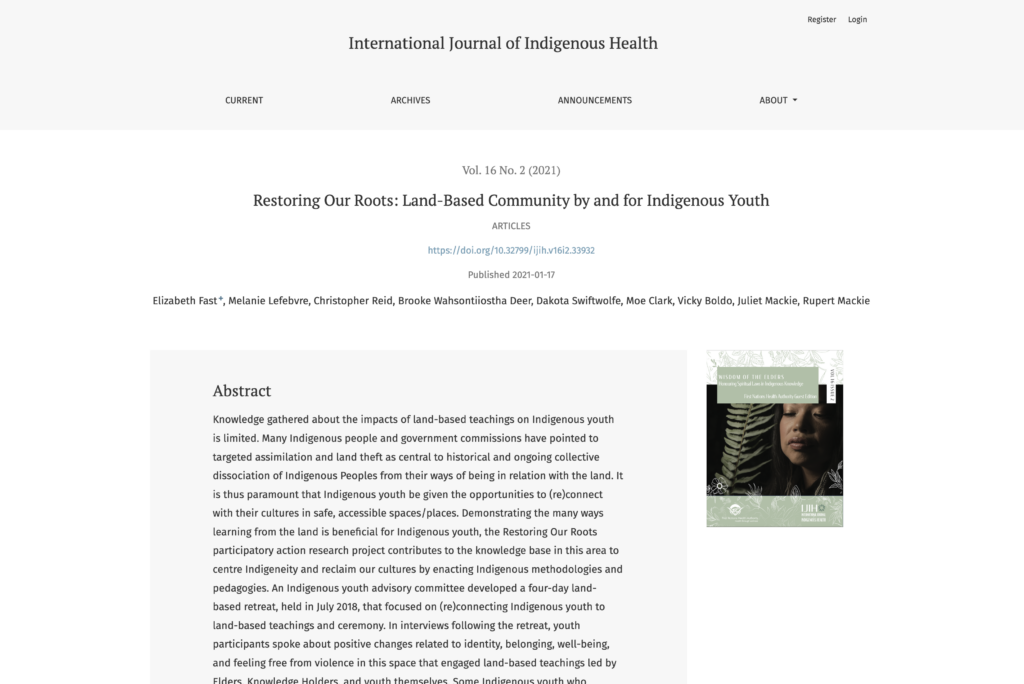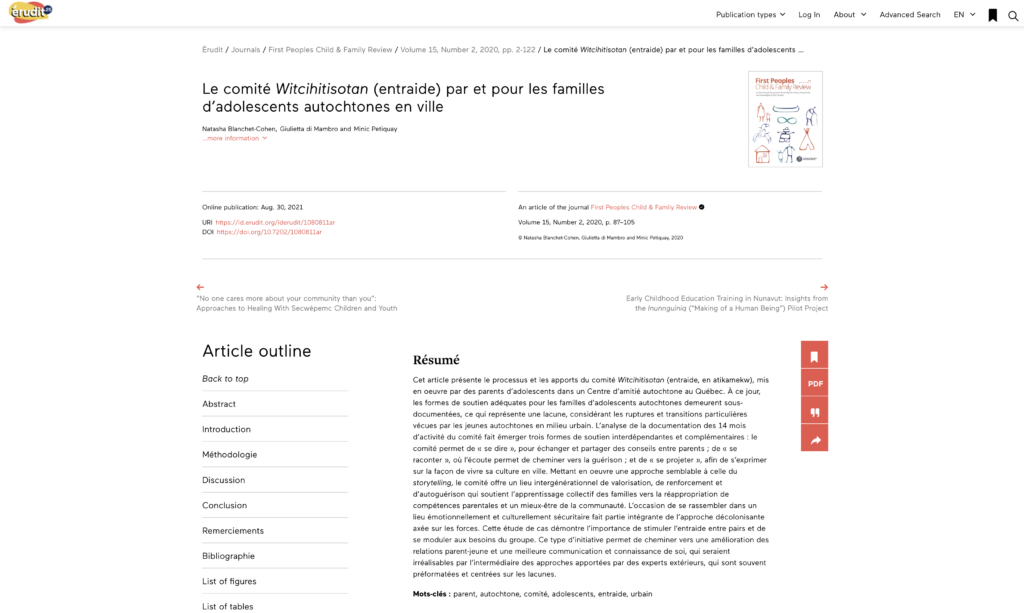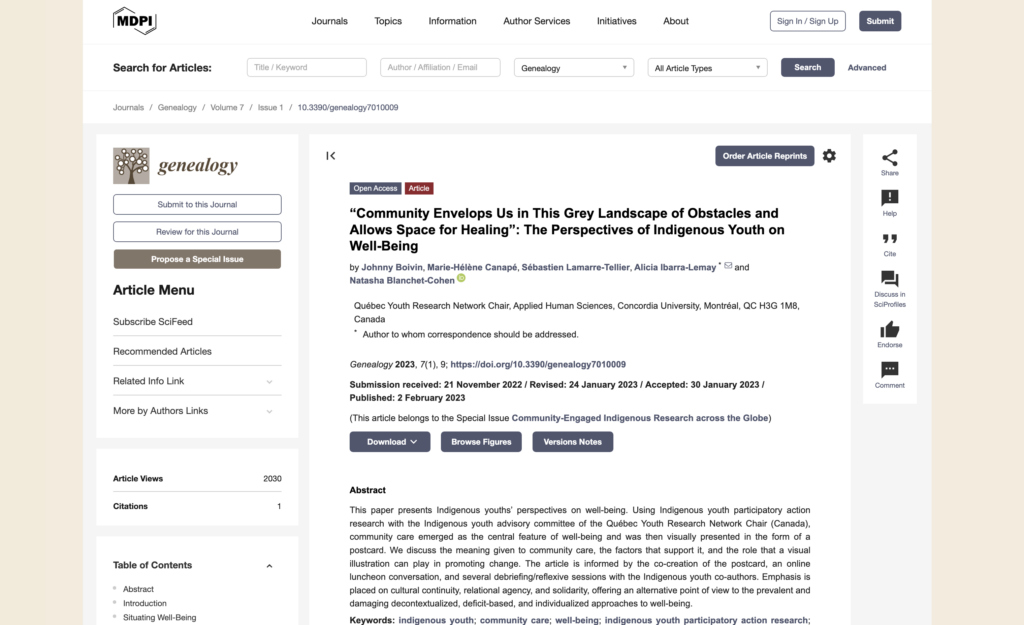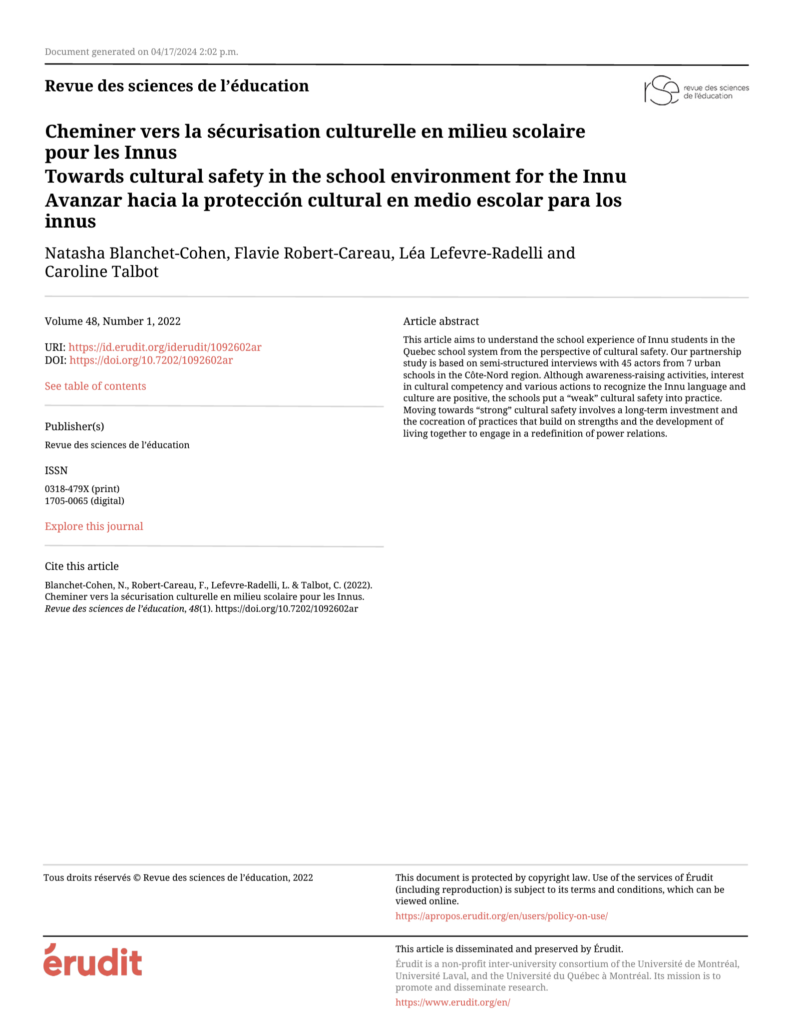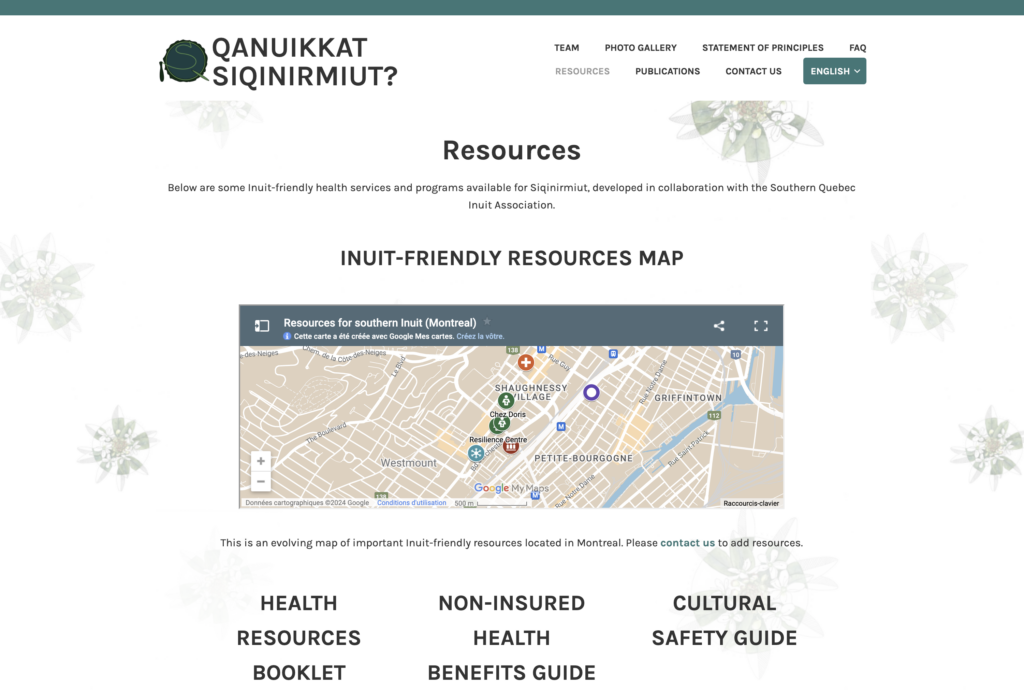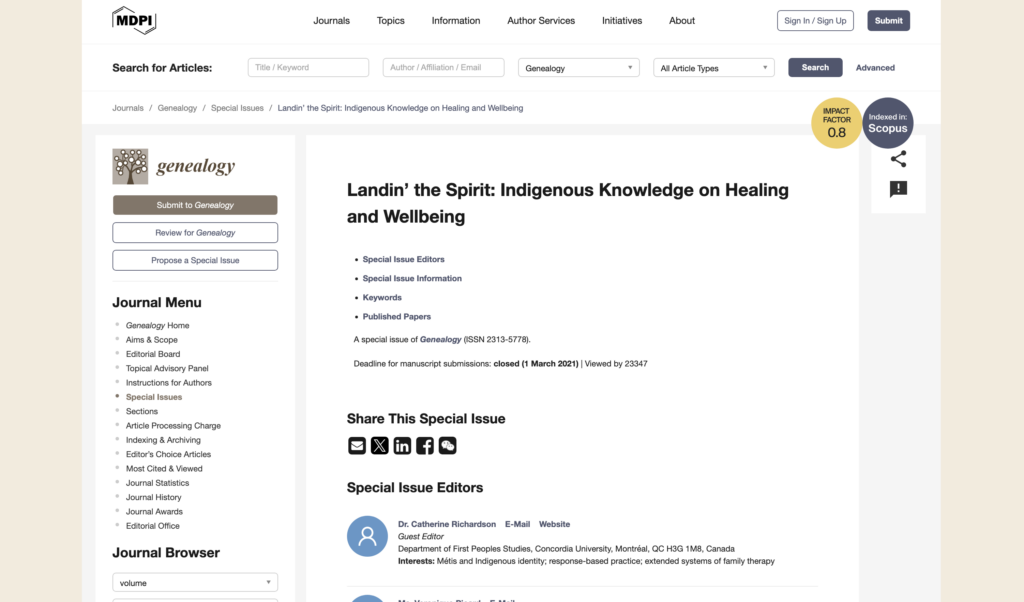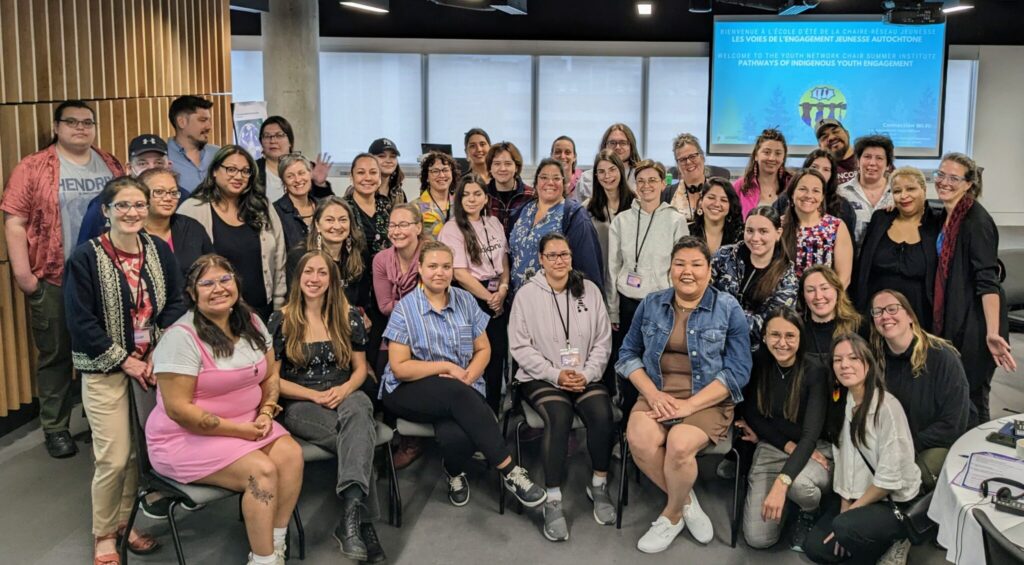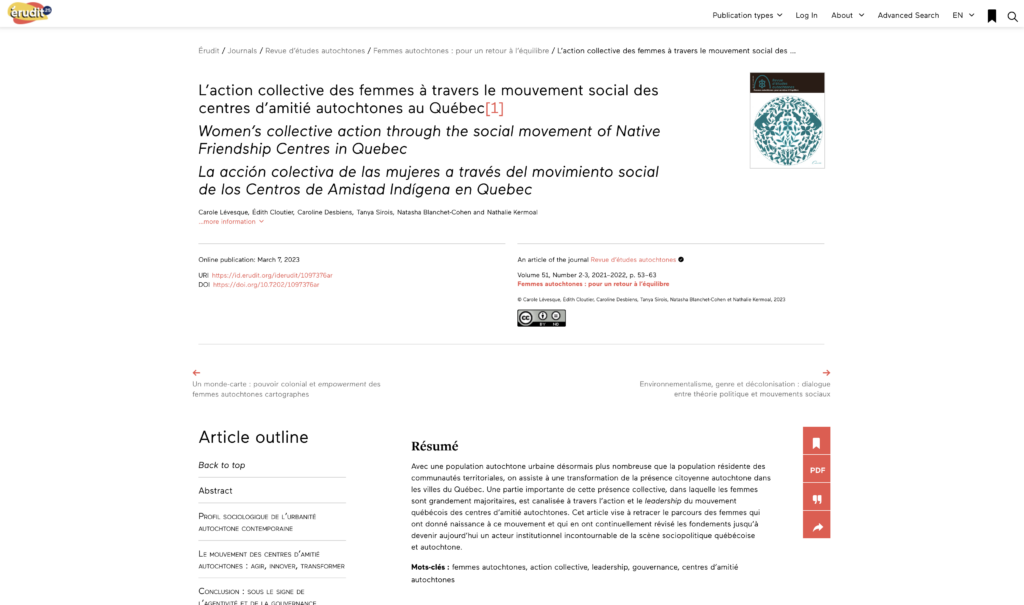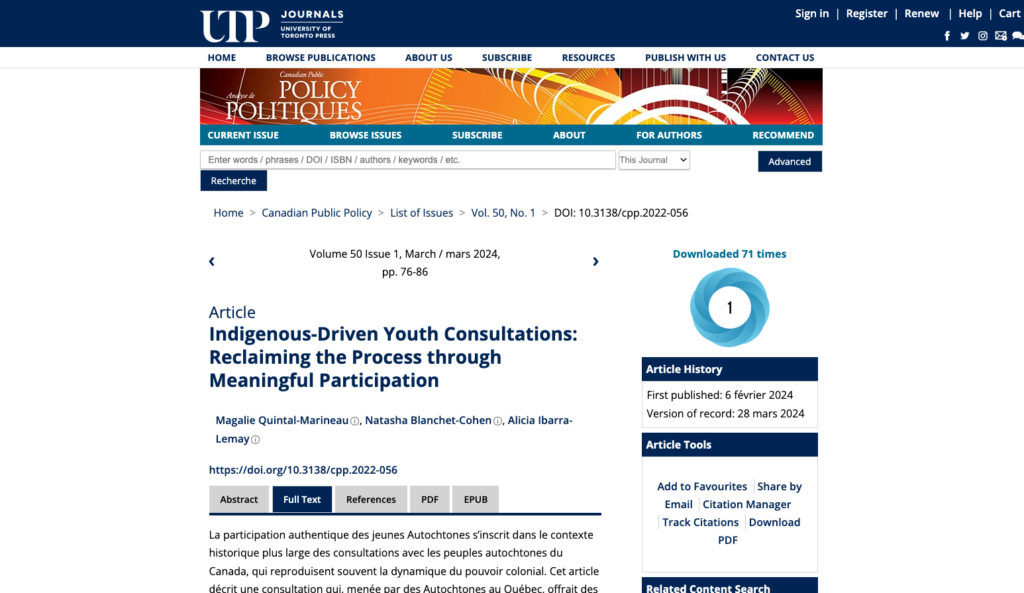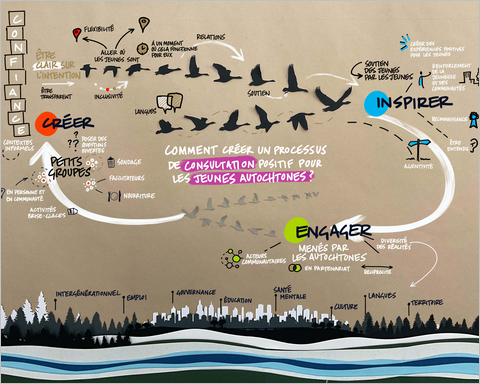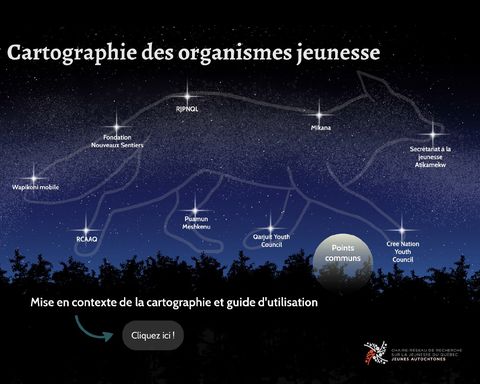Notice bibliographique
Katz-Wise, S. L., Godwin, E. G., Parsa, N., Brown, C. A., Pullen Sansfaçon, A., Goldman, R., MacNish, M., Rosal, M. C. et Austin, S. B. (2020). Using family and ecological systems approaches to conceptualize family- and community-based experiences of transgender and/or nonbinary youth from the trans teen and family narratives project. Psychology of Sexual Orientation and Gender Diversity.
Résumé
The current study used family and ecological systems approaches to understand transgender and/or nonbinary (TNB) youths’ experiences of their gender identity within family and community contexts. A sample of 33 TNB youth, ages 13–17 years (M = 15.18, SD = 1.24), were recruited from community-based venues in the New England region of the United States to participate in the Trans Teen and Family Narratives Project, a longitudinal community-based mixed-methods study. TNB youth in the sample identified as trans girls (n = 12), trans boys (n = 17), and nonbinary (n = 3 assigned female at birth, n = 1 assigned male at birth). Race/ethnicity of the sample was 73% White and 15% mixed race/ethnicity. All participants completed a one-time, in-person semistructured qualitative interview at baseline about their family- and community-based experiences related to their TNB identity. Interviews were audio-recorded and professionally transcribed. Interview transcripts were coded and analyzed using immersion/crystallization and thematic analysis approaches. Eight themes were developed, which correspond to different levels of the ecological systems model: individual level (identity processes, emotions/coping), family level (general family experiences, family support), community level (general community experiences; community support; lesbian, gay, bisexual, transgender, queer community), and societal/institutional level (external forces). Findings emphasize the importance of using family and ecological systems approaches to understand the family- and community-based experiences of TNB youth and have implications for improving clinical practice with TNB youth and families.
Publication du membre
Annie Pullen SansfaçonAppartenance aux volets











